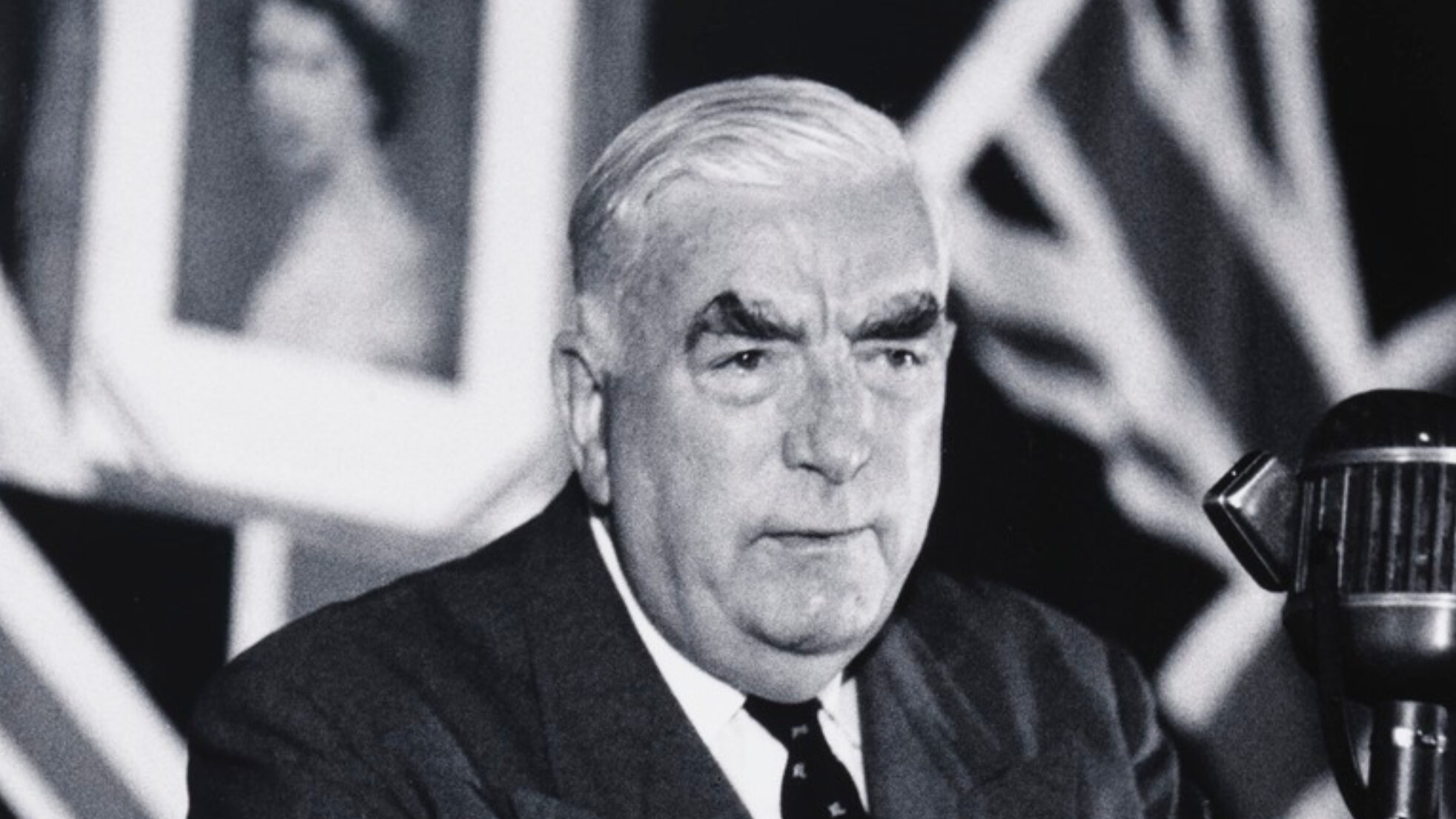Reform The Reform
Robert Menzies: Defining problems in economic terms is a ‘blunder’.
In times of crisis, centre-right MPs leap instinctively to familiar dry economic ideas, but it pays to remind them of the ultimate centre-right policy: freedom. By Nick Cater.
A restricted vocabulary is frequently a symptom of narrow thinking. That may explain why the phrase “economic reform” is used so often on the centre-right of politics as a mantra rather than a developed set of policy proposals.
The left has its mantras too, expressed in words like compassion and sustainability, but theirs at least have popular appeal. The party of sustainable compassion, or compassionate sustainability if you prefer, would have a clear head start over the party of reforming economists.
The COVID-19 pandemic offers a chance to reconsider what defines the centre-right and why the economic badge worn alone sells our party short.
We should consider whether a balanced budget is an end in itself or merely the means towards accomplishing a more ambitious task, increasing the reserves of human fulfilment for all Australians.
The single-minded focus on economics as the lens through which to view the political agenda intensified in the 1980s and 1990s, a period of genuine reform that paved the way for an unprecedented period of economic prosperity.
It was a time when Liberals imagined themselves to be divided on the priority that should be given to economic reform. It was a dispute characterised as an argument between wets and dries although it was never as simple as that.
That the dries were on the right side of the argument wasn’t accidental. They had simply been keeping track of the international debate that led to a reassessment of the role of the state and the power of economic freedom.
Few Australian politicians have had more to say on freedom than Robert Menzies. Yet economic freedom in an of itself was high on the list of freedoms he spoke of, even though he was undoubtedly a free marketeer.
The greatest freedom of all, Menzies once said, was “the freedom to do your best and make your best better”. It is the freedom that comes from opportunity in which the free market is an essential, but not the sole, ingredient.
Opportunity, and the hope it engenders, is harder to come by in a recession. That’s why the debate about policy reform must start with a focus on unemployment. Any policies that might deter employers from hiring staff, like payroll tax for example, must be reviewed, even if doing so presents a revenue challenge to government.
The importance of balancing the books should never be an excuse for poor policy. A Liberal outlook on life should prioritise humans, not numbers, a point made by Menzies in a speech he gave to an audience of school students in Britain in 1968, two years after his retirement, from office:
“I do become rather wearied of hearing all these things expressed in terms of pounds, shillings, and pence,” he said. “The economist has taken charge of us. Now I have no inherent objection to economists. I've had to cope with a great number of them in my own public life and I think that the economists are very good in their place.
“But to have a notion predominating in the world that the only problems, for example in England, are economic problems, or financial problems. This is a terrible blunder. Economic problems have a habit of settling themselves by means, usually unknown to the economist when they've pointed them out… The truth is that the greatest problems in our society today, are problems which are essentially moral or spiritual.”
I discussed this intriguing speech with Simon Haines from the Ramsey Centre for Western Civilisation in a recent podcast.
A moral approach engendered a sense of nationhood and of community, he argued. It produced the resilience that sustained Britain through World War II, a resilience not entirely dissimilar from personal resolve that the Prime Minster called upon on Friday when he spoke of the challenge of emerging safely from the COVID-19 pandemic.
With luck this line of thinking will lead to a more sophisticated debate than the argument about economic rationalism that divided the centre-right in the 1980s.
It will lead the understanding that the economy cannot exist without people.
Recognising the economy as the sum of human endeavour frees us from the delusion that its strength relies on government intervention.
The prosperous nation we seek on the other side of the COVID-19 challenge will be built collectively by Australians who are prepared to take risks, those empowered to do their best and make their best better.

